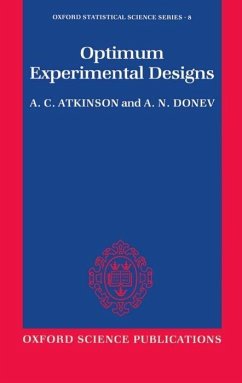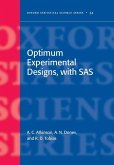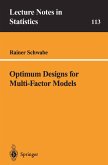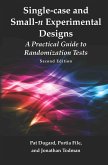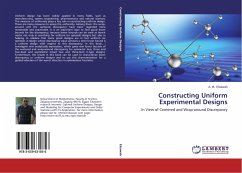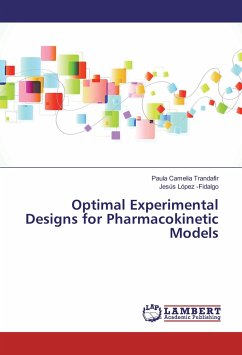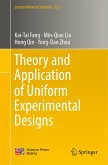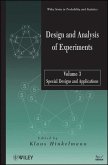A well-designed experiment is an efficient method for learning about the physical world, however since experiments in any setting cannot avoid random error, statistical methods are essential for their design and implementation, and for the analysis of results. In this book, the fundamentals of optimum experimental design theory are presented. In the first part, the advantages of a statistical approach to the design of experiments are discussed, and the ideas of models, least squares fitting, and optimum experimental designs are introduced. The second part presents a more detailed discussion of the general theory of optimum design and an evaluation of various criteria that may be appropriate for designing experiments. Specific experiments are detailed and algorithms for the construction of designs are given. Each chapter is a self-contained, illustrated with examples drawn from science and engineering. Little previous statistical knowledge is assumed, and the derivation of mathematical results has been avoided. This book should be of interest to everyone concerned with designing experiments that are practical, efficient, and accurate.
Hinweis: Dieser Artikel kann nur an eine deutsche Lieferadresse ausgeliefert werden.
Hinweis: Dieser Artikel kann nur an eine deutsche Lieferadresse ausgeliefert werden.

